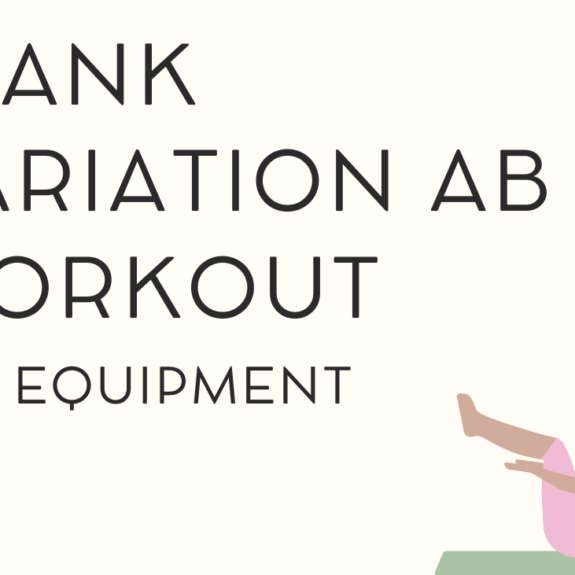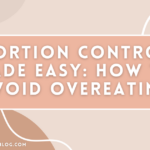There are thousands of tips out there that can be helpful when attempting to reach a fitness goal. Whether you want to learn how to lift, do 5 push-ups in a row, build a workout routine, or anything in between. There’s one thing that can be utilized among them all – consistency. I might be thinking that you’ve heard this a million times, but it’s true. Without consistency the likelihood of you reaching a specific fitness goal goes down drastically. Read on to understand how you can reach any fitness goal with this one tip.
Consistency
Consistency is acting or doing the same way over time. This means that day in and day out you are putting forth the same effort or doing the same action towards your goal. You might be wondering how this relates to your fitness goals. Consistency is the basis of how our mind forms discipline. Discipline is a step above motivation because motivation ebbs and flows while discipline sticks around if you show consistent effort towards a task.
Starting a Fitness Goal
The hardest part of any goal is to start. Starting something new can be terrifying because humans like what’s comfortable. The reason you fall into routines is because your brain likes predictability and order. When things are unpredictable your brain starts to worry that there’s potential danger. You might get stressed or anxious over new tasks or experiences. This is why starting a new task or goal can feel so daunting. This is where consistency comes into play. For example, if your goal is to workout at the gym 2 times a week, then you have to push yourself to get in the gym 2 times every week. If you’re tired after work, but you pushed your 2nd workout of the week to the last possible day, then you need to find a way to get into the gym. If you show up and only workout for 15 minutes and leave, then you’re still being consistent. When starting a fitness goal, being consistent is the best method to actually continuing your fitness goal instead of giving up after the first couple weeks.
Continuing Your Fitness Goal
Starting a fitness goal can be scary because your body isn’t used to specific movements or schedules. Once you get past the first few weeks of trying to reach a goal, it becomes less scary, but it also becomes a bit more difficult to keep it up. You might not be making the progress that you want, which can be really aggravating. You’ll reach a crucial point in your fitness goal to decide if you’ll keep it up or give up. If you truly decide this goal that you set isn’t meant for you and it isn’t bettering your life, then it is ok to stop. If you really want to reach this specific goal, but you’re annoyed at how long it’s taking to see progress, then I think you should dig deep to keep working at it. Starting a fitness goal is daunting, but you usually have some motivation to reach it the first few weeks. This motivation eventually starts lacking and it gets harder to reach your goals. Motivation is not usually there when you need it, so don’t rely on your mind and body to motivate you. You have to take matters into your own hands and show up for yourself even when you don’t want to. If you reach a point where you feel like all the work you’ve put in is amounting to nothing, it just means that you need to stay consistent. The most irritating part of reaching a goal is right before you start seeing progress. This is usually when most people give up because they start to believe that their work isn’t doing anything. If you keep doing something consistently, eventually there will be progress. I’ll use the example above of going to the gym 2 times a week. Let’s say you’ve been going to the gym 2 times a week for 2 months now and it doesn’t feel any easier trying to get yourself in the gym. This is probably right before you’ll start seeing and feeling progress from all your consistent effort. Once you see the progress you’ve been waiting for, there’s usually another boost of motivation to keep up your original goal or to advance it in some way.
Advancing/Adapting Your Fitness Goal
The most exhilarating part of setting a fitness goal is the moment that you feel you’ve reached it! The beauty of reaching a goal is that you have new found motivation, which in turn makes you want to reach a new goal. Using the example above, you might set a new goal of going to the gym 4 times a week. The process starts all over again from here, but you have something in the back of your head telling you that you’ve been able to reach a difficult goal before so it might be easier to reach this new goal. Advancing or adapting a fitness goal allows you to keep building up to bigger goals that you never thought you’d achieve. The only way that you’ll reach these goals is through consistency. You have to keep showing up for yourself, especially when you don’t want to.
Consistency can be used to any type of goal that you have. If you want a promotion at your job, you have to consistently show the people around you that you deserve the promotion. Consistency seems like such a silly tip because you’ve probably heard it before. Think about how many goals you gave up on and why? The journey to reaching your goals gets harder before it becomes easier. The only reason you weren’t able to reach your goals is because you were not consistent. It seems like such a small thing to do, but when life happens it becomes much more difficult. Keep creating new goals and don’t be scared to fail. If you do, the beauty of life is that you can try again and hopefully be consistent.








